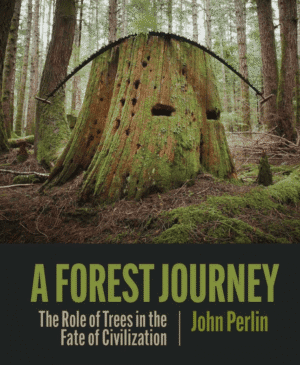Nature Is Climate
At Bio4Climate, we contribute to planetary regeneration through research, education, collaboration and action to restore essential global biodiversity . . . and create a new climate story.
Biodiversity loss is not just the result of climate change, it is a primary driver of climate change. Only solutions that prioritize this web of life will create a truly livable climate for all.
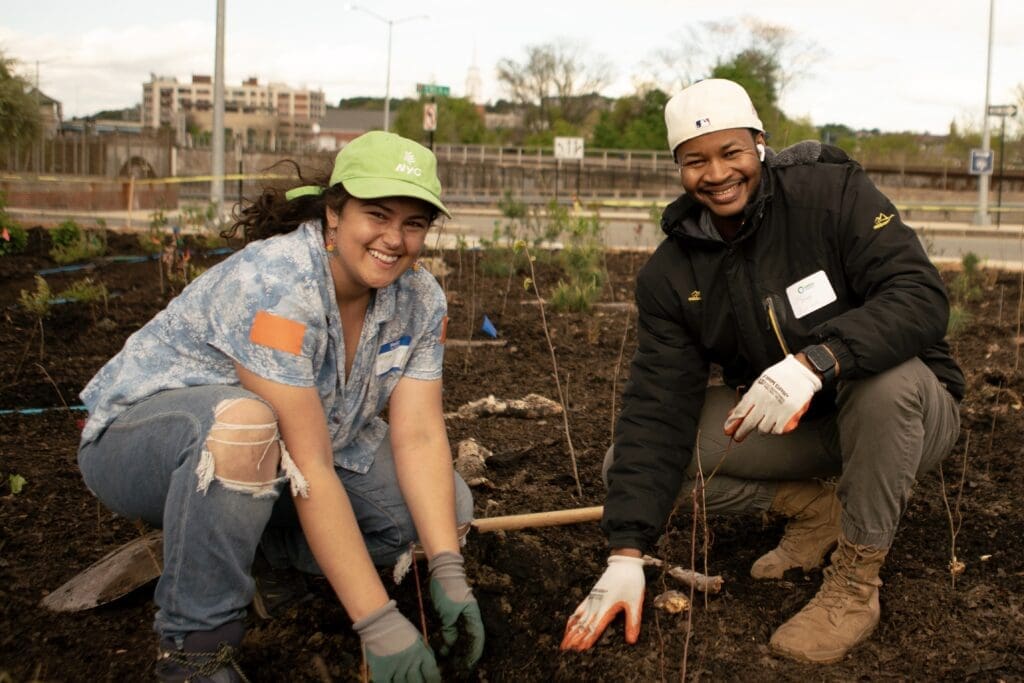
Upcoming Events and Courses
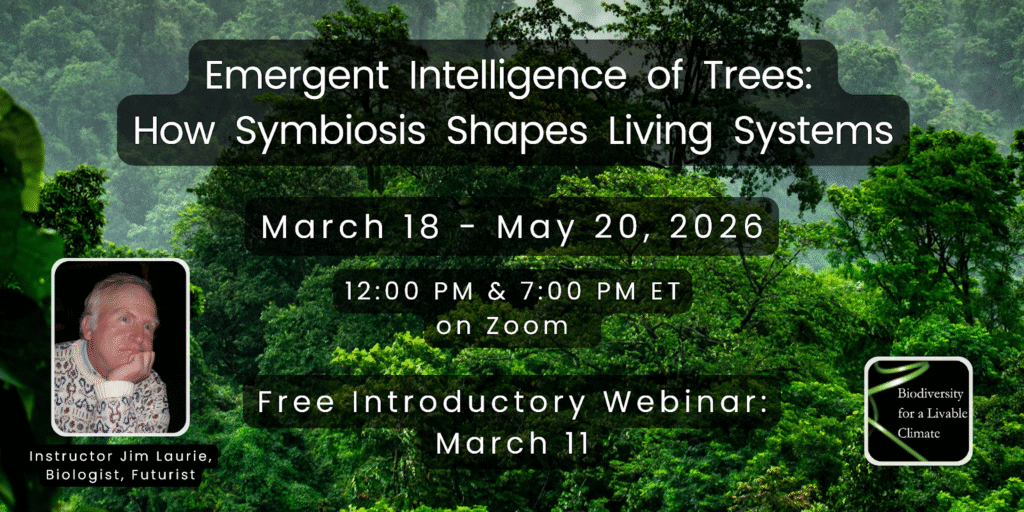
Emergent Intelligence of Trees: How Symbiosis Shapes Living Systems
March 18 – May 20
Wednesdays at 12:00 pm ET and 7:00 pm ET
Trees are architects of Earth’s climate and habiability. Through transpiration, carbon chemistry, soil formation, and symbiotic partnerships with fungi and microbes, forests regulate rainfall, stabilize atmospheric systems, and cool entire regions.
Jim Laurie’s Spring 2026 Course – Emergent Intelligence of Trees explores how ecological intelligence emerges through cooperation across living systems—and how restoration can help rehydrate landscapes and rebuild resilience.
Free Introductory Webinar – March 11
10-week course begins March 18
Registration is now open! Reduced rates and scholarships are available.
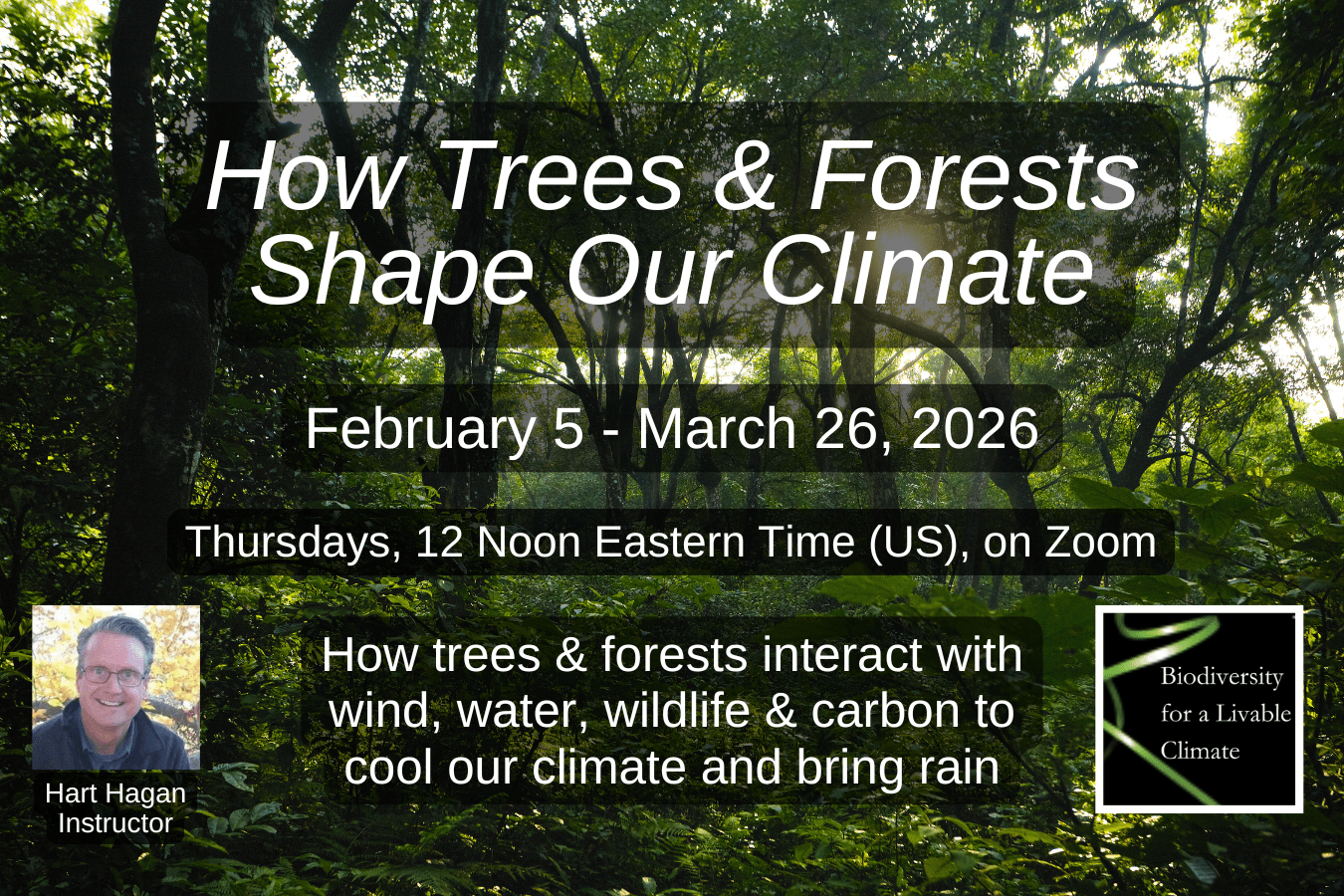
How Trees & Forests Shape Our Climate
February 5 – March 26, 2026
Thursdays — 12:00 Noon ET
Recently, Brazilian forest advocate Antonio Nobre wrote: “Deforestation is climate action’s blind spot.”
In this course, you will examine the ways in which trees and forests benefit our climate, while preventing flooding and drought and also providing habitat for a myriad of wildlife species. Hart brings his unique perspective and values to an exploration of the false notions, narratives and mythologies that are used to justify cutting down trees.
You will also engage with a range of highly qualified experts, and we will ask and answer questions like these:
- What are the mechanisms within forests that cool our climate—through shade, water evaporation, water cycling, and sponge-like absorption that prevents floods, droughts, wildfires and extreme heat?
- What role do microbes, fungi and wild species play in the climate-regulating mechanisms of a forest?
- What is the difference between a forest and a tree plantation?
- What is the extent of logging in North America?
- How do we choose between a forest and a solar array?
and many others…
Restore Nature – Cool the Planet
Only nature has the ability to both cool the planet and lower greenhouse gas levels. Our planet is already too hot and too dry to maintain a stable climate and support life. These 4 Climate Keys are interlocking pieces of the cycles we must repair to quickly stop warming and start cooling the planet.
Cool
Healthy ecosystems full of biodiversity create direct cooling effects for our hot planet. More Nature = Less Heat.
Hydrate
Keeping water in the ground supports plants, crops and people. Beavers, insects and microbes are part of the Infiltration Team
Plant
Planting for biodiversity creates healthy ecosystems. Forests sequester carbon and use water vapor to move heat away from the Earth
protect
Indigenous leadership and wisdom can help us. Stop deforestation, industrial ag, mining, and pollution that kill off biodiversity.
Replace with regenerative practices
Q:
What about atmospheric carbon dioxide – you know – the greenhouse effect?
A:
It’s an important part of the story, but not the whole story. Learn more.
Who We Are
Bio4Climate Tells the Hidden Stories
For nearly a decade we have looked behind, around, and under the prevailing climate narratives for the missing pieces of the puzzle. We continue to bring you authors, ecorestoration specialists, and scientists from around the world who explore the interlocking systems that create a livable climate.
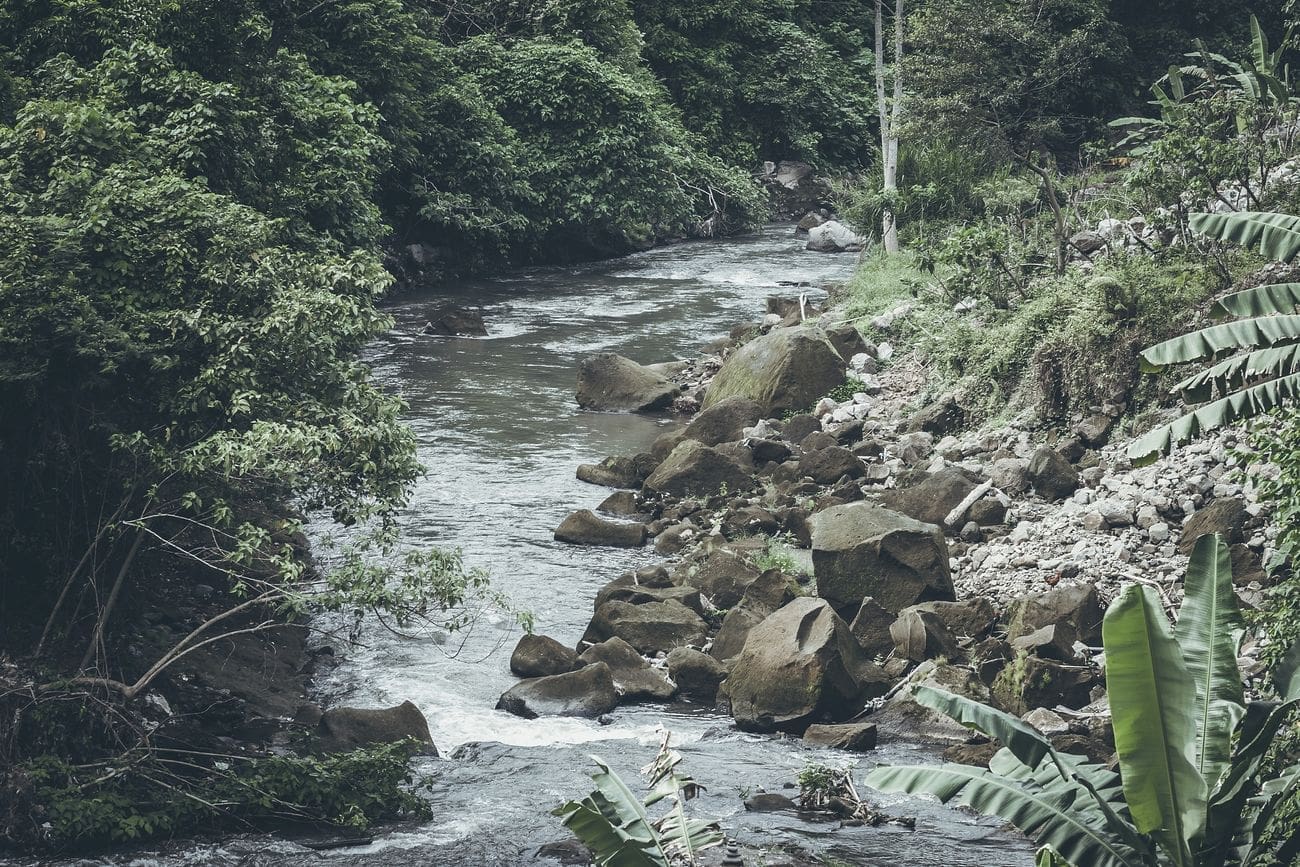
Stay on Top of the
Climate Conversation
Through education, policy and outreach, we promote the great potential of inexpensive, low-tech and powerful nature solutions to the biodiversity and climate crises, and work to inspire urgent action and widespread implementation of many regenerative practices.
This Week
News and Insights
New Satellite Observations Show How and Where Earth’s Vegetation is Changing

Scientists from the German Center for Integrative Biodiversity Research (iDiv), the Helmholtz Center for Environmental Research (UFZ), and Leipzig University have created a new method to help us better understand how the living surface of our planet is reorganizing in a warming world.
A Coordinated Conservation Effort Across Finland, the Canadian Arctic, and the United States is Working to Protect and Restore Peatlands in Europe and North America.
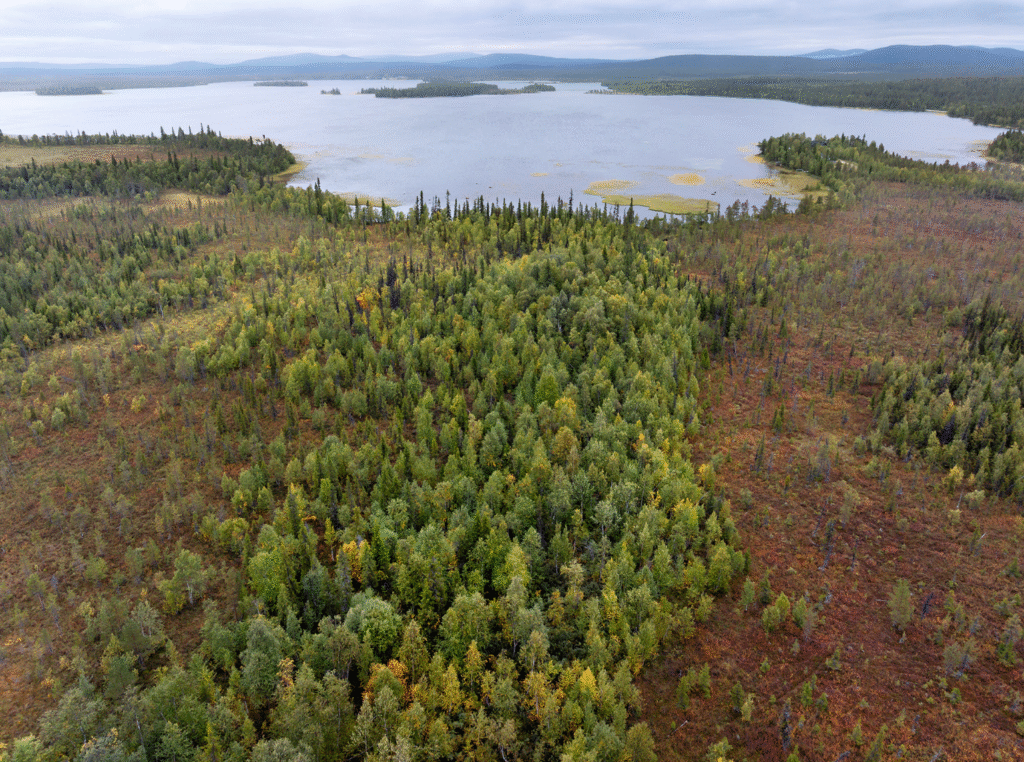
Through grassroots mapping, community monitoring, and restoration projects rooted in traditional land use and knowledge, indigenous and local groups in Finland, Canada, and the United States are collaborating on a collaborative biodiversity replenishment model to protect and restore peatlands and surrounding forests.
Events and Community
Courses
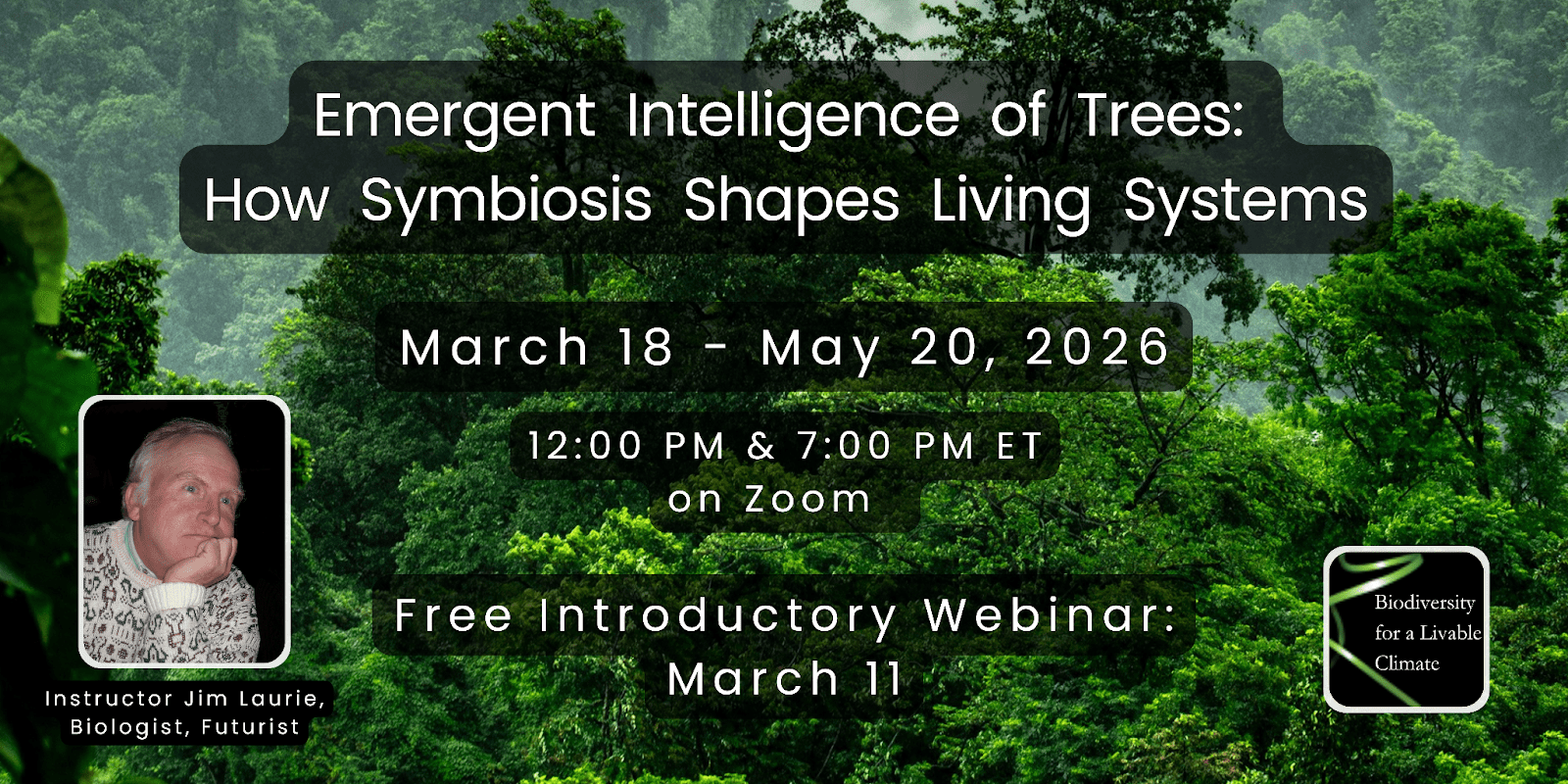
“There is a sky behind the forest. There are seas unbounded, seething waves made from the foams of dreams and churned by hands of light.” – My Story by the renowned Iraqi poet Nāzik al-Malā’ikah (translated by Emily Drumsta)
In the book The Genius of Trees, Harriet Rix opens with an image of forests as living interfaces between sea, sky, and land. In the cloud forests of La Gomera in the Canary Islands, where mist lingers and trees “chase” clouds, Rix shows how landscapes gather water from the air itself. But these hydrological partnerships are not confined to rare mountaintops. From Brazil to Borneo, Costa Rica to China, Australia to the Philippines, forests function as atmospheric engines.
Rix reveals a profound evolutionary insight – trees developed into trees to gain power over water. Through photosynthesis, they split water molecules using solar energy. Through vertical growth, they solved the paradox of needing both air and water reaching upward to harvest light and downward to access groundwater. Above ground, trees interrupt airflow, emit volatile organic compounds that seed clouds, and release water vapor through stomata helping to regulate rainfall. Below ground, roots collect, redistribute, and stabilize water tables. Across three trillion trees and 73,000 species, these minute adjustments accumulate into sweeping shifts in global water flow.
This understanding forms the scientific foundation of our upcoming course, Emergent Intelligence of Trees: How Symbiosis Shapes Living Systems, led by restoration biologist Jim Laurie. Beginning March 18, with an introductory webinar on March 11, this course explores how forests function as living climate systems regulating hydrology, stabilizing atmosphere, building soils, and generating resilience through symbiosis.
Your Weekend Read
Errata: Last week, we inadvertently misidentified the author of A Forest Journey. John Perlin is the correct author of this book. We encourage you to take a trip with John through the history of forests!
A Forest Journey: The Role of Trees in the Fate of Civilization
By John Perlin
At first glance, you might think this is “just” a book about trees. But it is so much more! John Perlin shares the history of human civilization as it relates to forests. From commerce to conquest, every chapter of our history has been played out in relation to forests.
I first encountered John during our GBH talk and was fascinated to discover that our complex relationship with nature can be traced as far back as the epic tale Gilgamesh from 2100 BC. This reprint of Perlin’s 1989 book by Patagonia is full of stunning full-color pictures and was recently updated to include climate change and the biotic pump.
By purchasing this title through the link provided above, you’ll continue to support Bio4Climate. We are an affiliate partner of Bookshop.org and receive a portion of the sales price at no additional cost to you.
The 2025 Northeast Miniforest Summit featured more than a dozen speakers across two virtual half-days and an in-person bus tour, bringing together practitioners, researchers, and leaders from diverse fields to unpack the Miyawaki Method from root to canopy.
Recordings Are Now Live! Learn more and stay connected at miniforests.bio4climate.org
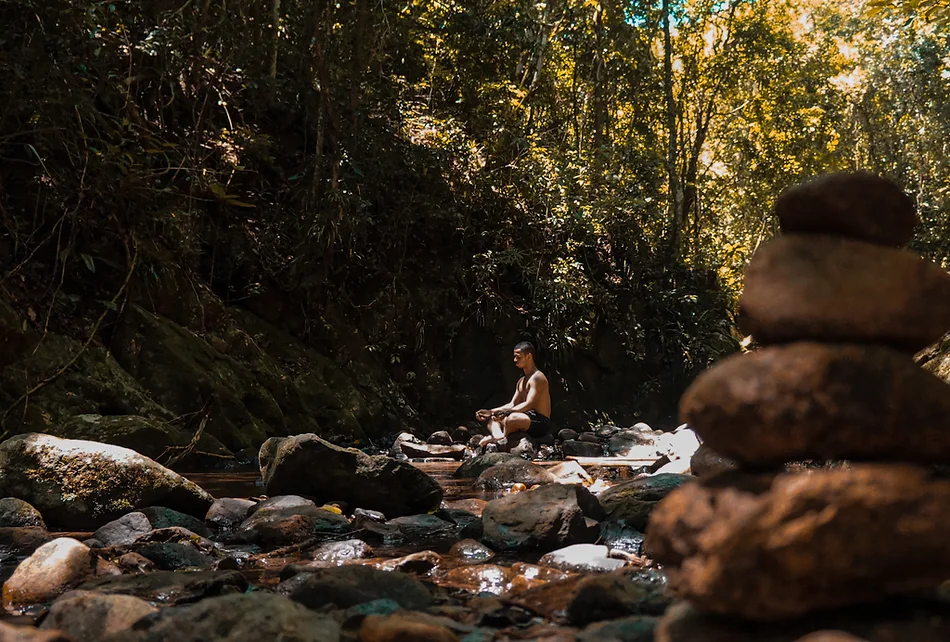
Tell nature’s climate story, the story of connection and life.
― Beck Mordini
Transformation in Mexico
Eco Restoration Works
Watch what happens! A degraded landscape in Mexico is transformed by regenerative management. It took only two years (the arrow points to the same tree).

